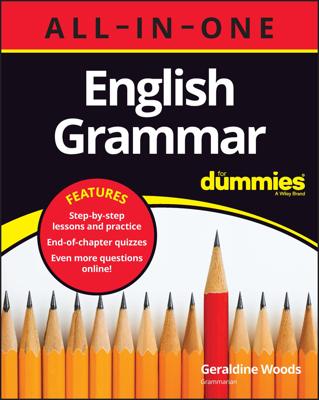In perfecting your English grammar skills, you cannot neglect one important topic: complete sentences. After you get a good grip on the parts of speech, it's time to put them all together to form a proper sentence. The right words and punctuation in the right order can make all the difference in good communication.
Keep in mind that you need a few essential parts to make a complete sentence. You cannot do without the following elements:
Verb: Every sentence has at least one word that tells what is happening or that expresses a state of being. 'Doing' and 'being' words are verbs. (Some English teachers refer to them as predicates. The name does not matter.) In these sentences, the verbs are underlined:
Sandy runs fast unless she is tired. (runs = action, is = being)
When the ball bounced on Bill's foot, he seemed upset. (bounced = action, seemed = being)
Lola will be reading that message on her mobile. (will be reading = action)
Norma has sold her car, which was in terrible shape. (has sold = action, was = being)
Notice that some verbs are single words. Some verbs are made up of two or three words. You can locate the verb in the sentence by asking, 'What is happening'? or 'What is'?
Subject: The term subject refers to the person or thing you are talking about. When you know the verb, you can find the subject by asking 'Who or what is doing the action?' or 'Who or what is in the state of being?' In these sentences, the subject is underlined:
Nancy smiled. (verb = smiled, who smiled? Nancy smiled. Nancy = subject)
Yesterday, Roger was tense. (verb = was, who was? Roger was. Roger= subject)
The train crashed. (verb = crashed, what crashed? The train crashed. train = subject)
Complete thought: A complete sentence must make sense. It cannot leave the reader halfway through an idea. Notice the difference between these complete and incomplete thoughts:
If she calls. (incomplete)
If she calls, I will answer. (complete)
Tomorrow, Frank and I. (incomplete)
Tomorrow, Frank and I will decorate the gym. (complete)
When you are speaking, you do not always need a complete sentence. If your meaning is unclear, the person you are speaking with can ask about anything confusing. In writing, complete sentences are better.
Punctuation: To separate one sentence from another, you need punctuation at the end of every sentence. A statement ends with a full stop. A question ends with a question mark. An exclamation (a statement made with strong emotion) ends with an exclamation mark.

